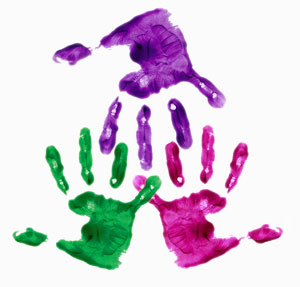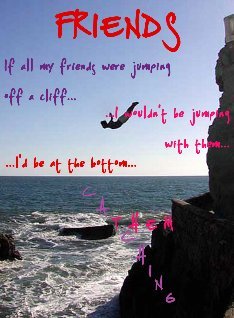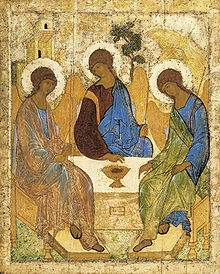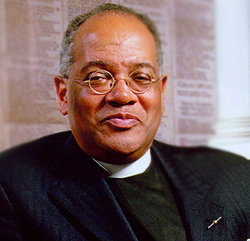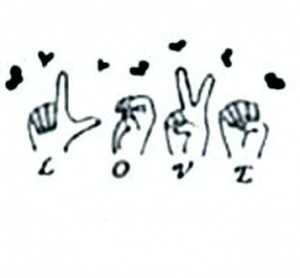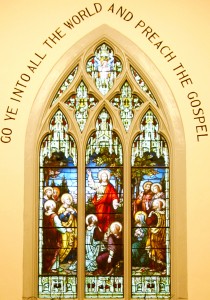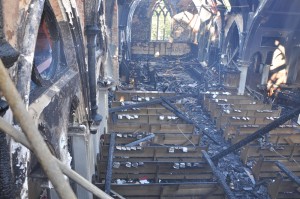I know that these last days have been difficult for you as an association, and as one of the most powerful lobbies in this country. I know you do not support the actions of Adam Lanza, and that all of you who work for the NRA, and all of your members, are in mourning for the loss of 20 children, six teachers, Adam Lanza’s mother, and even Adam himself.
But you have not said a thing since Friday last. Not one word. No condemnation. No grieving. No shock. No horror. (Updated: The NRA released a short statement mere minutes ago … read it below. The NRA is promising to offer “meaningful contributions to help make sure this never happens again.” Details will be released on Friday. Until then, my suggestions stand.)
I get it – anything you say could be misconstrued. Defending the right to own weapons would make you look like cads at best.
And you are under attack right now. Even some of your strongest supporters are saying this gun culture has gone too far.
So staying silent may seem like your only option right now.
But it’s not.
I have another.
I am wondering, and dreaming, and praying, that you – the National Rifle Association – take all of the goodness of your work and apply it to protecting our communities.
I am wondering what it would look like if you – the National Rifle Association, which teaches, I believe, more gun safety classes than any other organization in the country – if you were to take the lead in changing our gun culture.
What if you were the ones who said, “No one needs an automatic weapon. No one needs an extra-large capacity magazine. No one should find it easier to get a gun than it is to get a driver’s license. No one should be able to buy as many guns as they want, when they want”?
What if you were to lead the campaign in this country to get at least some of hundreds of millions of guns off our streets? What if you were the ones to buy back these weapons, and then destroy them?
What if you were the ones to take all your lobbying money and power, and push – really, really hard – to reinstate the ban on assault rifles?
assault rifles?
What if you were the ones who called for stricter licensing, for testing, for mandatory waiting periods, for limits on purchases, and for a special tax on ammunition (even if it’s not for all the ammunition, so that hunters in particular would not be taxed)?
What if, instead of standing by silently, apparently in the hopes that no one will think about you right now, you were the ones to lead a campaign entitled something like, “Enough!” or “No more!” – and were to offer to work with police departments to make sure that licensing and testing took place? (You could even be the testers and licensers – talk about privatizing government work!)?
What if you were the ones to put your considerable weight behind measures that guarantee the right to own weapons, but not the right to own anything you damned well want, right now, even if what you want was created solely to kill human beings?
What if you were the ones to step up safety campaigns? Call for more usage of gun locks? Call for the end of sales of cop-killing bullets? Said that weapons like the AR-15, the Bushmaster, which were created for the military, properly belonged only in the hands of the military and law enforcement agencies?
What if you were the ones who stopped saying, “Nothing can be done.” “Guns don’t kill people; people kill people.” “The Second Amendment guarantees the rights of citizens to bear guns.” “We need more guns in schools … and churches … and stores … so we can protect ourselves.” “We need to arm principals and school-teachers.” etc., etc., and instead were to say, “There is something that can be done, and we, the NRA, are going to put our full power and might behind getting that done.”?
And what if you were the ones who, instead of going after members of Congress for not supporting all your stances, were to support those who want what is best for the safety of our country?
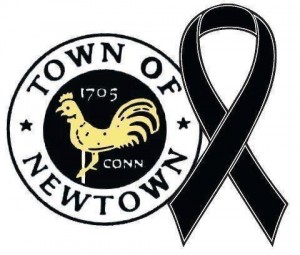 Wouldn’t that all be astonishing? And wouldn’t all of that do more to honor the victims not only of Newtown, CT, but of every place in which gun violence has ripped communities apart?
Wouldn’t that all be astonishing? And wouldn’t all of that do more to honor the victims not only of Newtown, CT, but of every place in which gun violence has ripped communities apart?
Heck, if you were to do all that, I would become a member!
And I’d tell all my friends to become members as well.
Because then you would be one very fine organization, demonstrating your concerns for the community ever so much better than you do right now.
Are you listening?
Sincerely,
The Rev. Lauren R. Stanley
(A concerned and grieving citizen who so much wants this world to be a better – and safer – place to live.)
• • •
Tuesday afternoon’s statement from the NRA:
“The National Rifle Association of America is made up of four million moms and dads, sons and daughters – and we were shocked, saddened and heartbroken by the news of the horrific and senseless murders in Newtown.
“Out of respect for the families, and as a matter of common decency, we have given time for mourning, prayer and a full investigation of the facts before commenting.
“The NRA is prepared to offer meaningful contributions to help make sure this never happens again.
“The NRA is planning to hold a major news conference in the Washington, DC area on Friday, December 21.
“Details will be released to the media at the appropriate time.”








